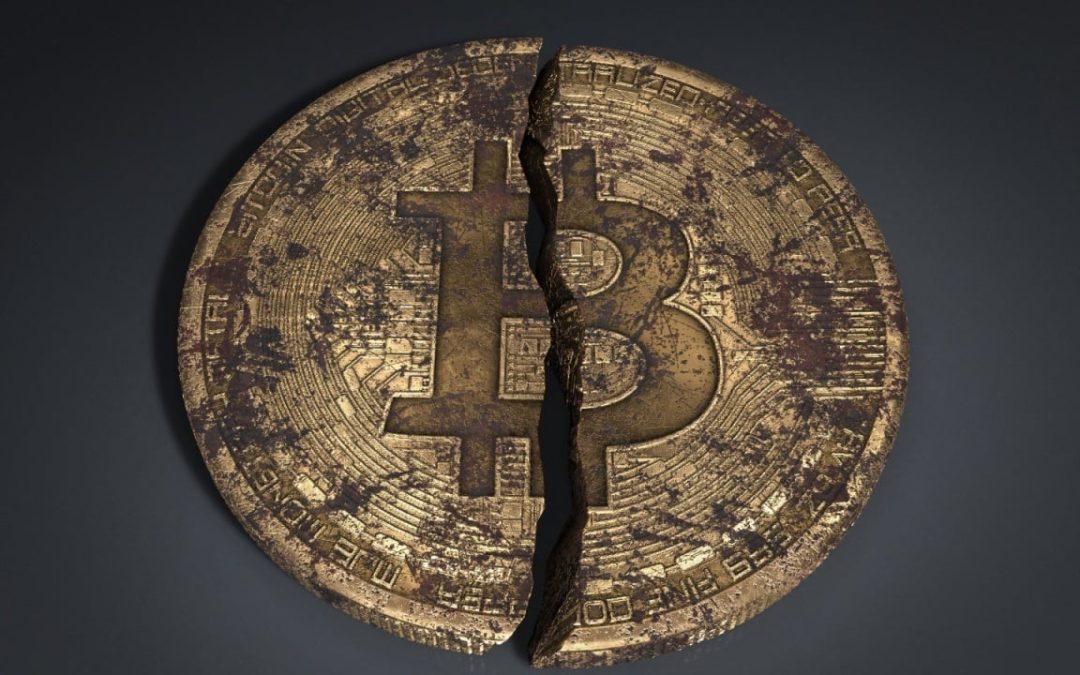While some proponents of bitcoin and cryptocurrencies believe that the digital asset has achieved mainstream status and is safe from ceasing operations in the short term, others stress that it is still fundamentally flawed and may face significant challenges that could end this experiment in the coming years.
Justin Bons, founder and CIO of Cybercapital, a Europe-based cryptocurrency fund, describes this end as a result of bitcoin’s reliance on a PoW (proof-of-work) consensus algorithm, which needs miners to intermediate and help complete transactions.
Bons predicts that, due to the reduction in the security budget—the amount of bitcoin miners receive for their operations—bitcoin will cease to exist within a period of 7 to 11 years. Bons anticipates the decline of the bitcoin mining industry due to the continuous shrinkage of this metric, which has decreased by over 40% in the last 4 years.
After this happens, Bons stresses that due to the low hashrate securing the network, bitcoin will face censorship and 51% attacks, which will jeopardize the security of the funds already available in users’ and institutions’ wallets.
“Core will then have to increase inflation beyond 21M, splitting the chain & that will be the end!” Bons anticipates, forecasting that the crisis would result in developers changing the fundamental characteristics of the network in the face of extinction.
Others have already shown concerns regarding the reduction of the security budget and its effect on the security of the bitcoin network. In April, Bitcoin Core developer James O’Beirne also commented on the issue, showing concern that in the face of a mining crisis, miners might push to change some of bitcoin’s fundamentals, which he called “property rights.”














